Zofeen T. Ebrahim takes a look at the foreign migrants coming to Pakistan
Rehana, 48, working as a cook in various homes in Karachi, is one of the estimated 1.2 million Bangladeshis in Pakistan. She hates the term ‘illegal’ prefixed with her Bangladeshi origin. She was neither trafficked nor smuggled, but came to Karachi with her husband as a young bride 20 years ago with dreams of a better future. She said she bought her passage to Pakistan.
With a Pakistani identity card and a passport which she gets renewed every five years, and pays a hefty sum, she rues she is still not a Pakistani citizen. What’s worse, if deported to Bangladesh, the latter may refuse to accept her as she had left her country illegally. Illegal migration means to enter a country clandestinely, using fraudulent documents, overstay or take up work not allowed.
In Pakistan these undocumented migrants are mainly from Afghanistan, Burma and Bangladesh. Karachi is a key destination for foreign illegal migrants attracted by the urban labour market. It is also a transit spot for onward journey to the Gulf and Middle Eastern countries.
According to Nayab Hasan Zaidi, deputy director National Alien Registration Authority (NARA), of the estimated 3.35 million undocumented immigrants, at least 2.5 million are settled in Karachi. There are over 100 migrant enclaves in Karachi predominantly occupied by Afghans, Bangladeshis and Burmese. He attributes this unchecked illegal migration to unclear migration rules and their weaker implementation; inability of the neighbouring countries as well as Pakistan to police their borders; lack of trained manpower and most importantly the heinous links between and with migrants, border security forces and international gangs of smugglers and traffickers.
These gatecrashers are resented by the native population for upsetting the economy, culture and security fashioned over a considerable period of time. Professor Sikander Mehdi, director of Planning and International Linkages at Biztek, views the issue wearing a human rights lens. He has done extensive research on refugee and migration issues. While Pakistan is “becoming a ghetto society”, migration, he said, was now viewed from holistic and humanistic perspective and not just “restrictive, reductionist, security and legal” angles.
Zaidi, however, insisted the migrants spoiled the market for the labour force here by showing their willingness to work for low wages. Mehdi countered: “They accept lower salaries, work harder, deliver more and are less demanding.”
The Pakistan government, he said, should focus on “building the Pakistani workforce for technical and skilled jobs and prepare them for international job markets” and use the Bangladeshi and Afghan workforce “for construction and other works in Pakistan”. For some of these foreign migrants, Karachi is considered a transit. Experts say the growing feminisation of migration and the attraction of lucrative jobs in the Gulf and beyond have induced hordes of Bangladeshi women workers to opt for illegal migration to Pakistan.
In August this year, when the Supreme Court had taken suo motu notice of the violence that had erupted in Karachi, Hafeez Pirzada, a leading advocate, had blamed the migrants for the rise in violence. He had told the Supreme Court that of the 2.5 million foreigners living in Karachi, less than 100,000 were registered. Conceding to Pirzada’s assertion, Zaidi said: “They do not have any records and being more vulnerable, are often manipulated to take part in nefarious activities.”
“Except for a minority of the Afghans and Bangladeshis who may be involved in jihadi and criminal activities, a vast majority like the rest of the people of Karachi are victims of violence and not perpetrators of violence,” pointed out Mehdi. To Zaidi’s mind registration of these migrants would help curb crime in Karachi to some extent. But NARA has dismally failed to woo aliens to get themselves registered. In addition, since 2005, there has been no survey undertaken to find out the exact status and number of foreign migrants living in Karachi.
The problem, as Zaidi explains, boils down to being a small and weak organisation which is prone to political interference. “We are poor in resources, both financially and with respect to manpower; in proportion, the alien population is huge.” This is compounded by weak implementation of law. “Our interior minister, Rehman Malik, has twice announced ultimatums to migrants to leave but this has had no impact. Not one unregistered migrant has been captured,” he points out.
But even the migrants are not coming forth to get themselves registered. Rejecting the assertion that there may be flaws in the registration system, Zaidi says most migrants remained unaware of the benefits of leading a legitimate life. “They can enjoy all rights like any Pakistani citizen once registered except holding a Pakistani passport or voting in elections,” he adds.
Mehdi believes the government should declare amnesty and call for submission of genuine documents and legalise the settlements of Bangladeshis and Afghans in Pakistan. In addition, the Biharis, he said, should be granted Pakistani nationality “as is their right”.






















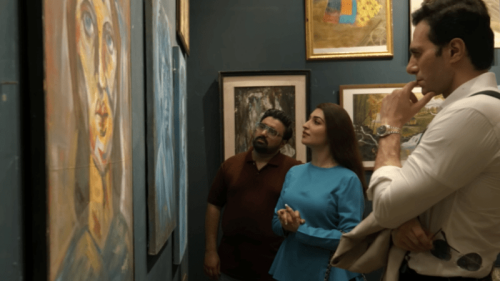



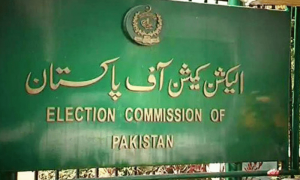
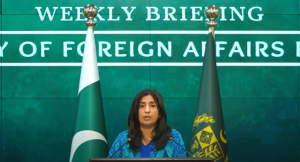
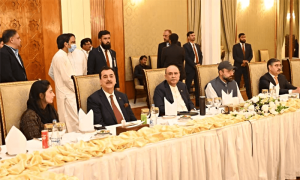
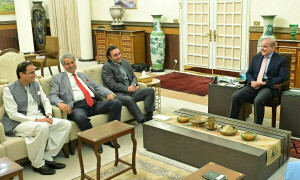


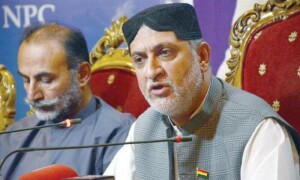

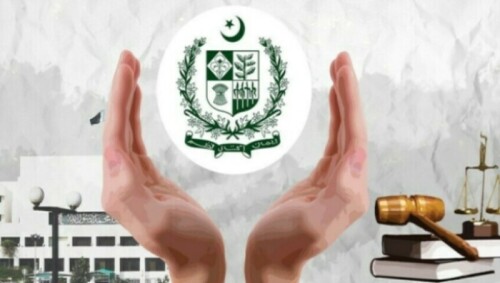
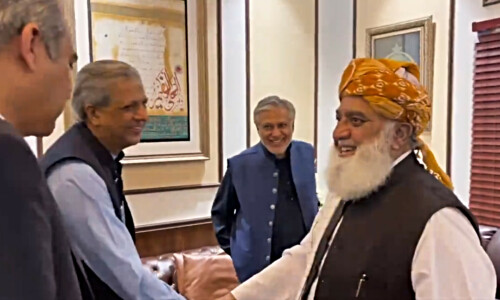
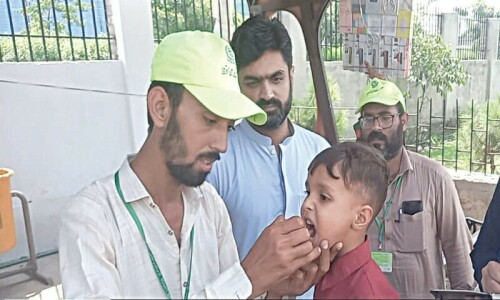

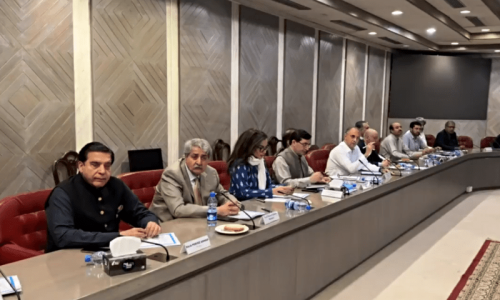

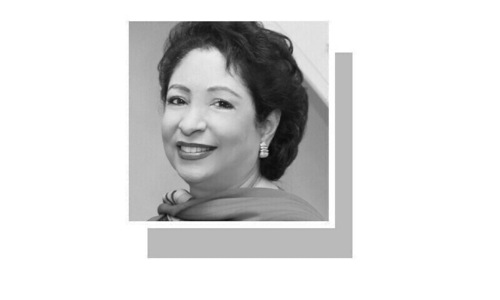






Dear visitor, the comments section is undergoing an overhaul and will return soon.